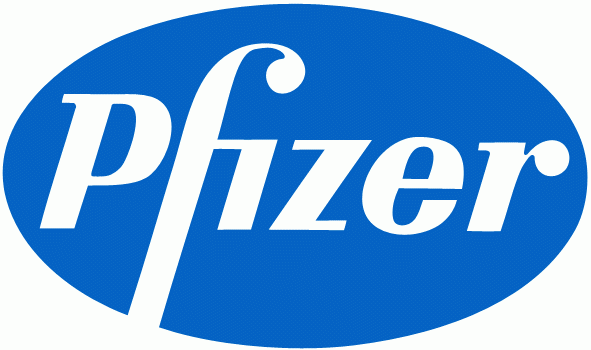Pharma Juggernauts Merck and Pfizer To Team Up On Diabetes Drug Ertugliflozin

The growing $35 billion global diabetes drug market is heating up once again with an announcement by Pfizer that it would team up with Merck in finishing up development and marketing of an experimental type 2 diabetes drug, Ertugliflozin.
As many large pharmaceutical companies are teaming up to target the SGLT2 pathway, the race to get drugs to market and gain a foothold in the next generation of diabetes treatments is on.
The drug will begin Phase III trials later this year, the final step before attempting to apply for Food and Drug Administration (FDA) approval.
"We are pleased to join forces with Merck in the battle against type 2 diabetes and the burden that it poses on global health," said John Young, president and general manager of Pfizer Primary Care. "Through this collaboration, we believe we can build on Merck's leadership position in diabetes care with the introduction of ertugliflozin, an innovative SGLT2 inhibitor discovered by Pfizer scientists."
The drug works on a sodium-glucose transport protein, SGLT2, in the kidneys. By blocking these receptors, excess blood glucose can be eliminated in the urine and not build up in a patient's blood.
Merck has already given Pfizer $60 million as an upfront payment, but will also be able to receive more payments in the future if clinical trial, regulatory, and commercial milestones are met. Merck will retain 60 percent of any revenues and certain costs throughout the duration of the project.
"Merck continues to build upon our leadership position in the oral treatment of type 2 diabetes through our own research and business development," said Nancy Thornberry, senior vice president and Diabetes and Endocrinology franchise head, Merck Research Laboratories. "We believe ertugliflozin has the potential to complement our strong portfolio of investigational and marketed products, and we look forward to collaborating with Pfizer on its development."
The drug will be commercialized by itself and separately in combination with other diabetes drugs such as Glucophage (Metformin) and JANUVIA.
Competition for drugs in the class of SGLT2 inhibitors are coming from most of the large players in the pharmaceutical industry, Invokana was the first such drug to be approved in the United States this past March; it was developed by Mitsubishi Tanabe Pharma and is marketed under license by Janssen, a division of Johnson & Johnson.
Forxiga, a drug developed by Bristol-Myers Squibb and AstraZeneca, has yet to be approved by the FDA and Sergliflozin Etabonate, developed by GlasoSmithKline (GSK) did not proceed further than Phase II clinical trials. Remogliflozin Etabonate, which was also investigated by GSK, is now being developed by BHV Pharma for type 1 and type 2 diabetes.
A leading competitor for ertugliflozin is Tofogliflozin, developed by Chugai Pharma in collaberation with Kowa and Sanofi, which began Phase III clinical trials in September 2012.
Taisho Pharmaceutical has applied for approval of its drug Luseogliflozin by Japanese regulators on April 18 while Astellas filed for approval for its drug, Ipragliflozin, in Japan in mid March. If approved, these Japanese drugs may make their way to the U.S. after FDA approval.
Published by Medicaldaily.com



























